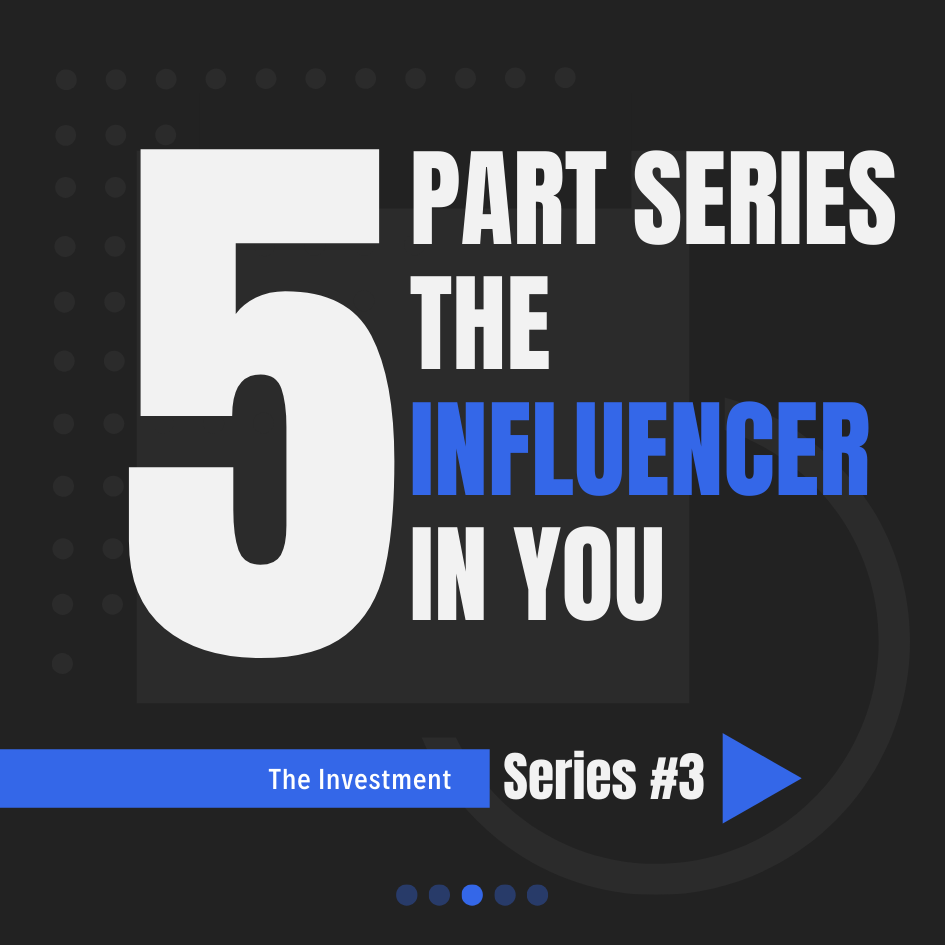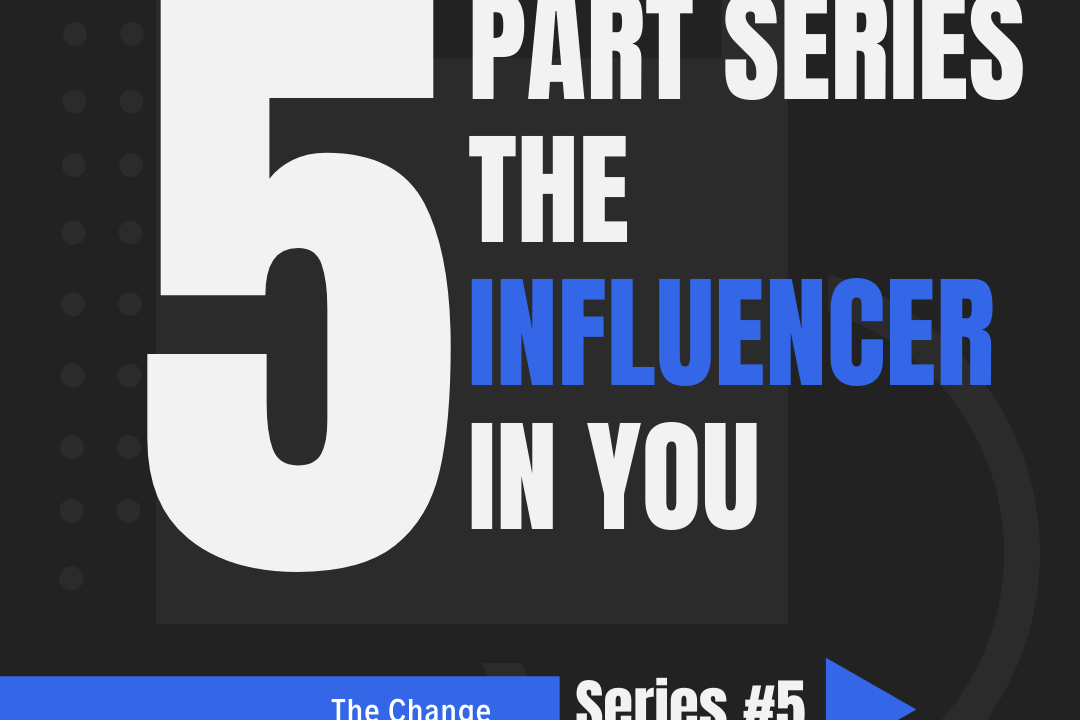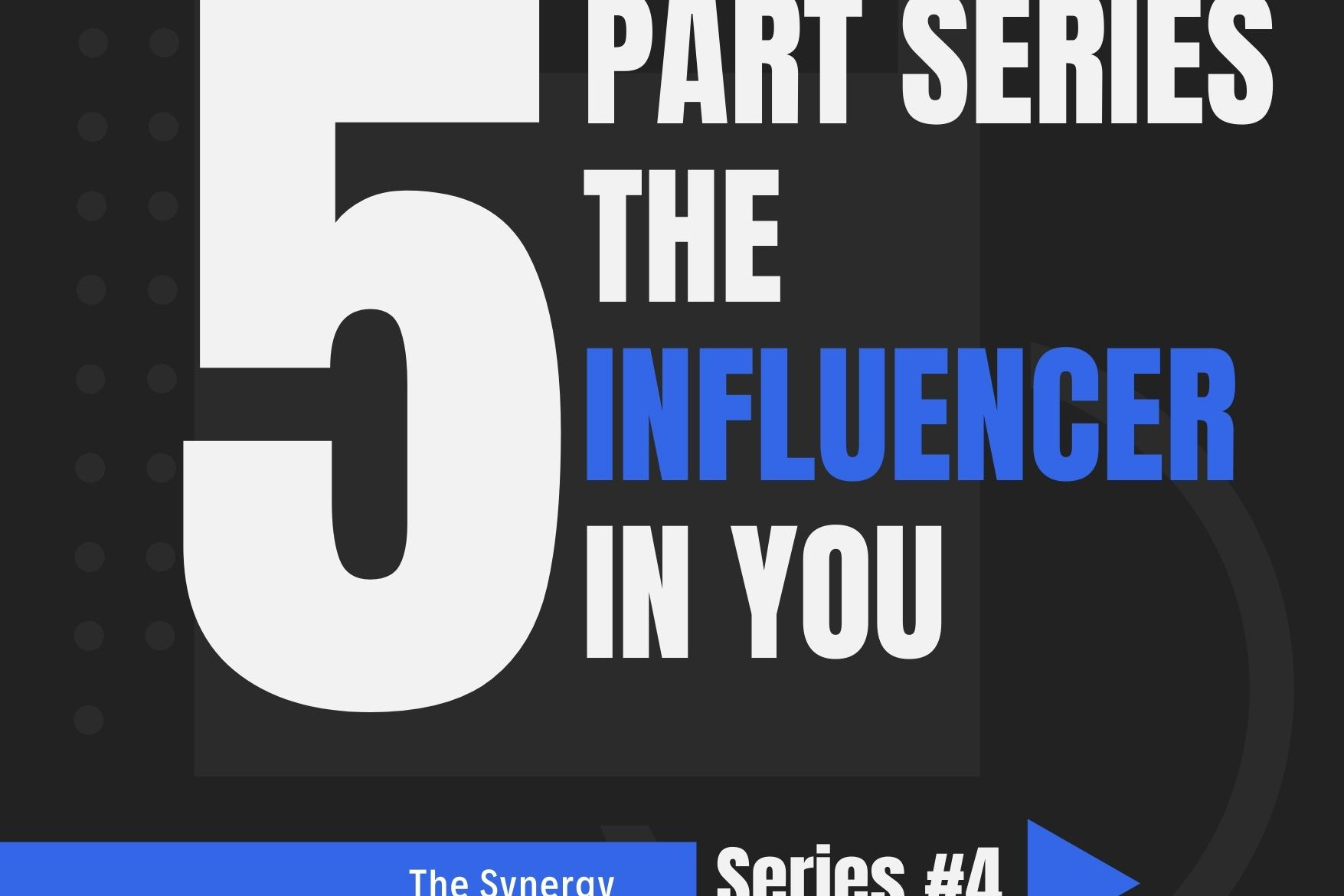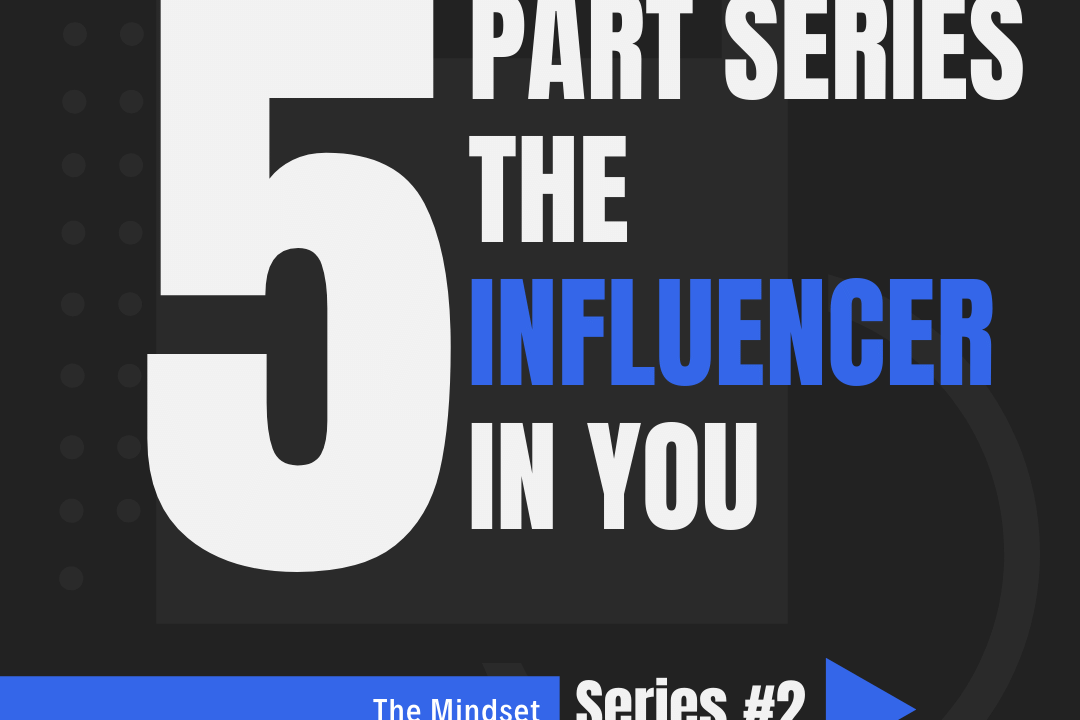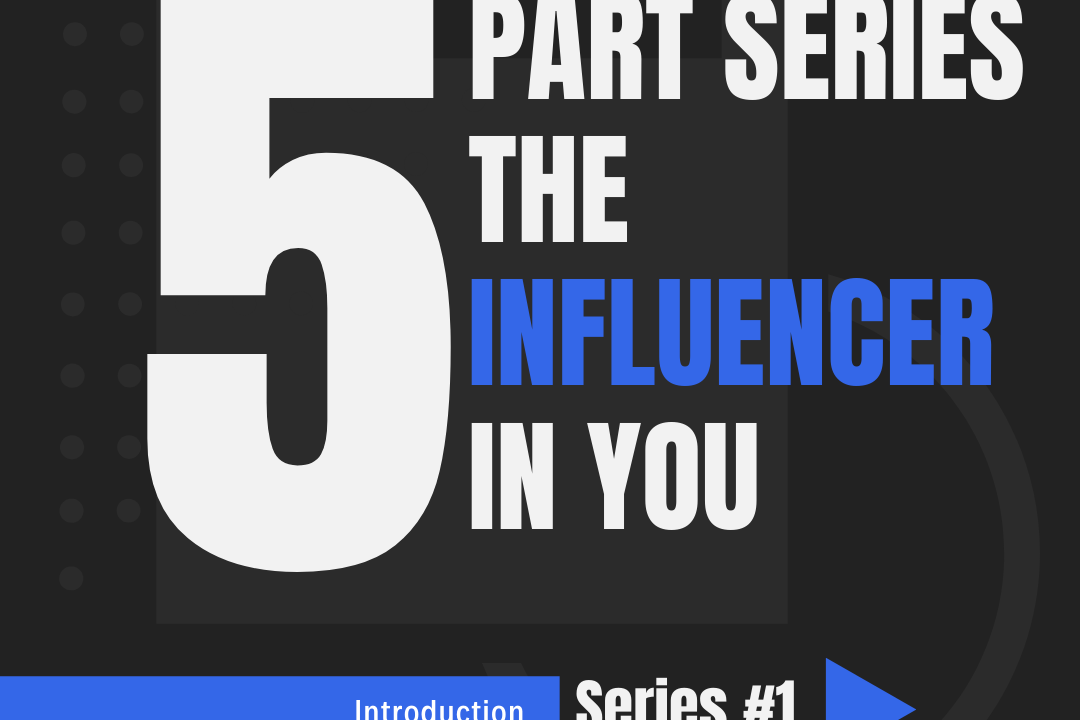The Influencer in You: Why Mentoring Works, How It Changes Lives, and Where It Transforms Legacies
Series #3: The Investment

Wait, Count the Costs Before You (or Your Organization) Embarks on a Mentorship Journey
Why do some mentoring initiatives fail? A multitude of reasons exist, but three underlying themes eventually come to the surface when a mentorship program misses the impact mark. First up, a lack of clearly defined expectations were likely assumed but not mutually or corporately agreed upon. This translates into porous boundaries, moving targets, and/or one-sided, hit-or-miss commitments. Mentoring engagements should be free-flowing, but guidelines and guardrails should serve as the turnoff spigot when a mentee (or even mentor) violates mentorship decorum. Here’s a true story to highlight a few etiquette breaches by a mentee who turned heartstrings into bankrolled dollars. An affluent woman, Irene, mentored a single-parent mother of seven. The single-parent mom, Sheila, has had a rough life. Drug addiction. Homelessness. Poverty. All at once. Several years ago, Irene volunteered at a nonprofit organization in a less desirable part of a big city. She was paired with Sheila, and the two bonded rather quickly. Irene provided her home number (a big no-no!) to Sheila. Well, Irene found herself taking calls from her mentee on the weekends and doling out lots of cash (really, cashiers checks) as the sob stories poured in. The violin music that struck a monetary chord? Bailing out Sheila’s boyfriend from jail. Paying three months of back rent to prevent an eviction. Buying groceries at the beginning of the month for Sheila’s children, days after her welfare check had been cashed. The mentoring engagement ended when Sheila unexpectedly showed up at Irene’s home in a prestigious neighborhood and stated, “I was in the area and thought I’d stop by to see you. Can I come in and check out your home?” Irene shared with me, “I was horrified, and I felt utterly violated.” She added, “The experience left such a bad taste in my mouth; I won’t ever do that again.” That is, sign up as a compassionate, in-person mentor for those on the fringes of society. Without being briefed on how to assist the poor, arm’s-length transactions, or writing big checks to various nonprofit organizations, is Irene’s preferred option moving forward. (I did present Irene with a copy of my book, Sociopsychonomics, to help her understand the mindset of the entrenched poor and social classes in general. Time will tell if she takes my suggestions to heart on how best to empower vulnerable populations through targeted, face-to-face interactions with clearly defined expectations, well-marked boundaries, and growth-oriented benchmarks.)
When so-called, challenging growth goals are nothing more than cleverly disguised activities, both the mentee and mentor are shortchanged.
Moving targets and hit-or-miss commitments can be viewed as separate but connected factors on why some mentoring engagements fall short. In professional and philanthropic mentoring circles, flexibility can start off as a good thing and quickly turn to a bad thing. Schedules inevitably change, but frequent rescheduling can cause either side to lose heart. Remember: For some mentees, their distrust meter will rise precipitously when a mentor postpones another meeting. The guilty mentor — whatever the reason — is in danger of being placed in the mentee’s dumpster of mistrust. Warranted or not, these mentees feel that their mentors did them dirty. Another person of trust has missed the mark. On the other hand, mentors will question mentees’ dedication when missed coaching sessions become commonplace. With this next point, beware of the tripwire effect of mentoring mediocrity. Average shouldn’t be an option for you, or any mentor for that matter. Good. Better. Best. Those are your three options. Now, good mentors can leverage their motivational proficiencies as change-agent specialists. They may motivate well but often fall short in their inspirational skillsets. Better mentors are prolific in how they inspire others. They may connect well but typically fall short in their transformational competencies. Very few mentors reach the rarified status of influence greatness. Why? The best mentors motivate and inspire their mentees through a life of purpose and legacy of goodwill. These influencers are masterful strategists in helping others connect the “why” dots of purposeful living with the “what” and “how” circles of leadership excellence and legacy continuity.
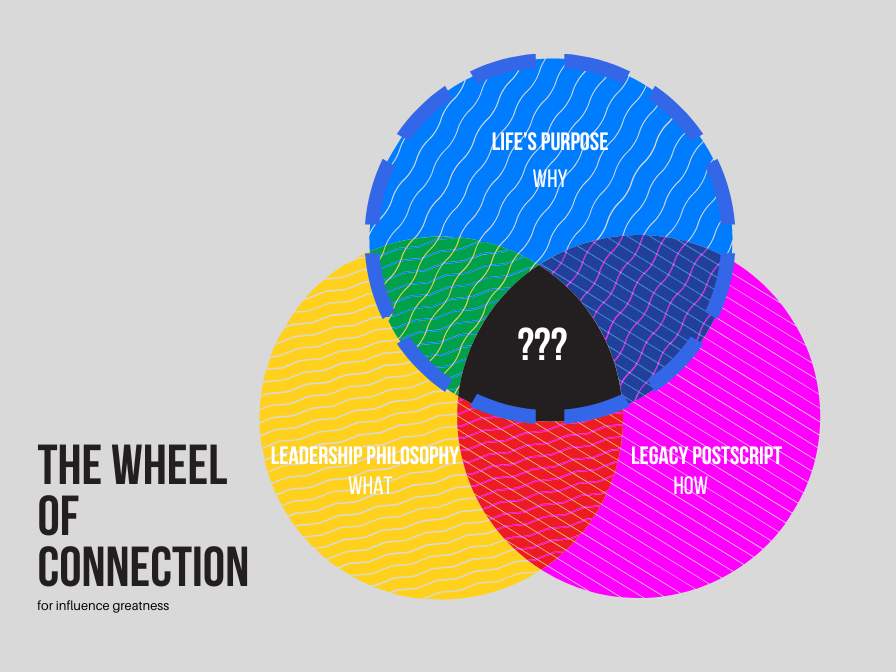
A mentor’s inability to merge sociology, psychology, and anthropology is another reason why mentoring initiatives flatline. You don’t have to be a tenured professor or doctoral candidate, but you do need to be a well-rounded student in these areas if mentoring effectiveness is your goal. Human beings are unique. However, they tend to act in predictable ways based on their social class mindsets, habits, and beliefs. How people think has a great deal to do with how their brain is wired. Some people are analytical or methodical in their formulation of information. Without an orderly process, things don’t make a lot of sense to this group. Others are moved by feelings, those sensations, pulsations, and vibrations that shape their mood and mode (or the speed in which they navigate life). Still others are harmony driven; they get along to go along rather than go along to get along. In fact, this brain type tends to relate well with every brain group through interpersonal dynamics. And finally, this last category of individuals will remember a face more easily than a name. They tend to have colorful personalities and visionary dispositions. With anthropology, this is perhaps the most controversial among the three “ology” factors. Of course, generalizations can lead to stereotypes when dissecting people groups and the way they’re likely to think, act, or behave. By embracing cultural differences — racial or otherwise — we’re able to refine, refocus, or reframe our diversity lens. Don’t run from controversy; utilize it for your mentoring benefit.
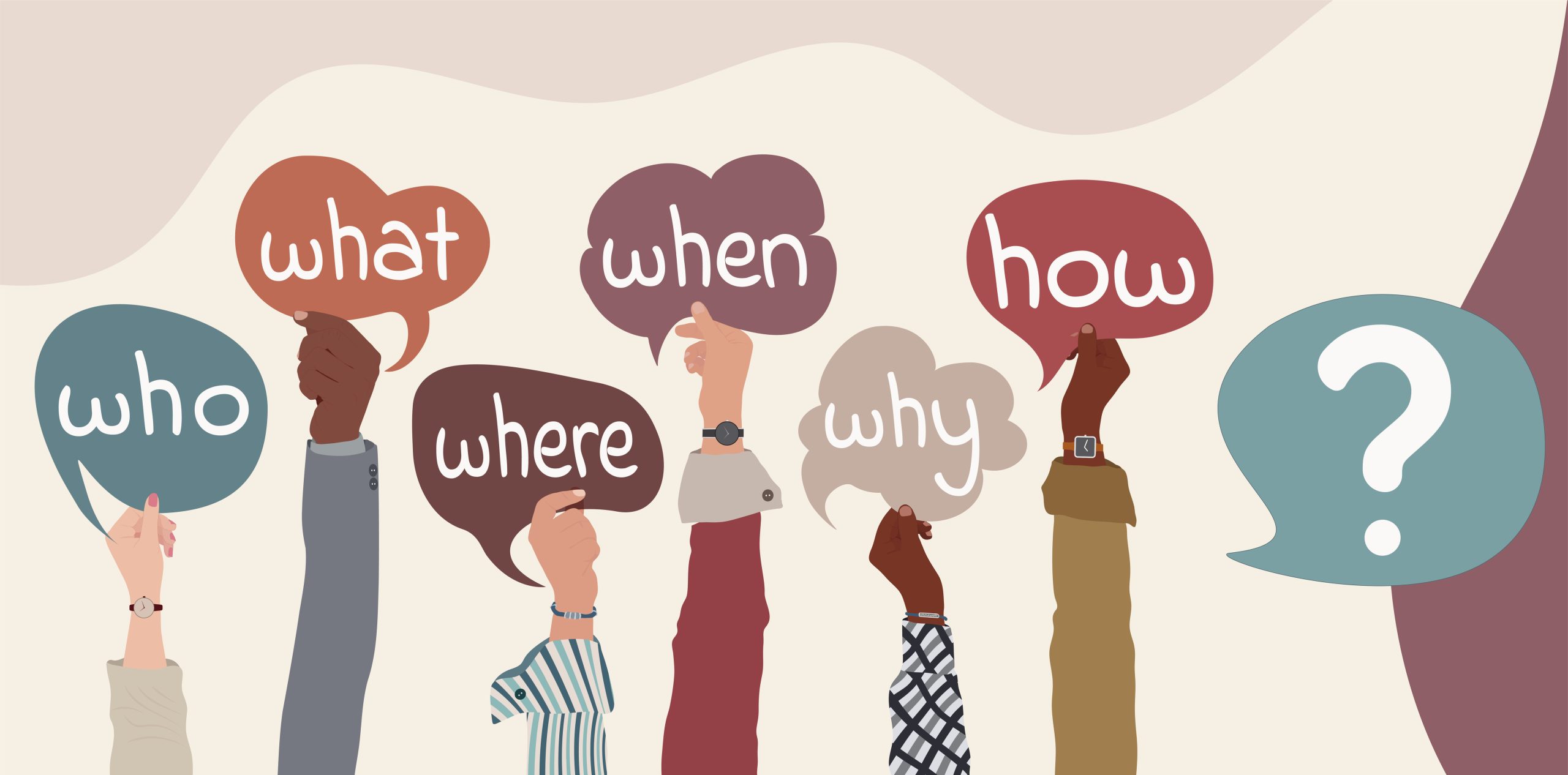
A third reason why mentoring initiatives come up short is rather obvious: most people are not well-versed in the art and science of inquisitiveness. The art part is how to phrase a question based on subtext, with the science part dealing with the syntax or structure of what to ask by context. I often say that the answer can be found in the questions you dare to ask. The best mentors tend to ask the most thorough and thought-provoking questions of their mentees. “What” questions are primarily concerned with information. Irene, the affluent woman mentioned earlier, should have asked Sheila, “What are you hoping to receive from our mentoring relationship?” An open-ended question that’s straight to the point. Sheila’s response would have likely provided Irene with a few clues about her previous mentee’s intentions and expectations, and more importantly, a framework by which boundaries could (and should) be established at the onset. “How” questions focus on process or strategy. A mentee may ask a mentor, “How were you able to overcome a difficult life event?” “Why” questions address intent, reason, or purpose, which can create incredible discomfort in the gut of the person being asked, especially if the subject matter is sensitive. For example, my kids have asked me through the years, “Daddy, why did your father abandon you as a child?” You probably can sense my pain in trying to formulate a response; I’m not sure that I’ve ever given them a satisfactory answer. I saw that mystery man three times in childhood — none after the age of nine. An alcoholic, he died at the age of 40; he drank at least one 40 ounce of malt liquor beer every single day. My father cared more about that bottle than the emotions bottled up inside of me. “Why” questions can be challenging for the sender and receiver, but they are absolutely necessary. For some mentees, they must go back there, to that haunting place, in order to get free here, a liberating space.

In summary, well-intentioned doesn’t equal well-executed. To quote Stuart Scott, the iconic ESPN in-studio host who passed away from cancer on January 4, 2015, “See, what, had happen, was”… an influence airball with so much on the line. As the lead, mentors should state and press their mentees on what the expectations are for the mentoring engagement. Included here are the deliverables, or who will do what (the baseline) and by when (the timeline). Be sure to highlight what the guidelines and guardrails entail. Among other factors, these consist of the preferred communication channel(s) for both mentor and mentee to interact, such as face-to-face meetings, online encounters, text messages, phone calls, or email exchanges. The do’s and don’ts of mentorship decorum fall under the etiquette basket or protocol category. Be honest. Be inquisitive (without prying). Be considerate. Don’t procrastinate. Don’t overstep. Don’t assume. Customize the do’s and don’ts that work for you and your mentee. Be flexible where necessary to get or keep the relationship on solid footing. Don’t be afraid — as a mentor or mentee — to hold the other person accountable. But make sure it’s with grace. Know thyself and take the time to get to know your protégé. Lastly, which type of mentor are you aiming for as it relates to the good, better, or best influence target?
Questions to Consider:

Which aspect(s) of Irene’s and Sheila’s mentoring engagement stood out to you? Why?
Where do you fall on the spectrum as a good, better, or best mentor? What metrics have you used to substantiate or validate your mentoring impact?
What lessons have you learned as a mentor or mentee in regard to why a mentorship engagement failed or succeeded?

